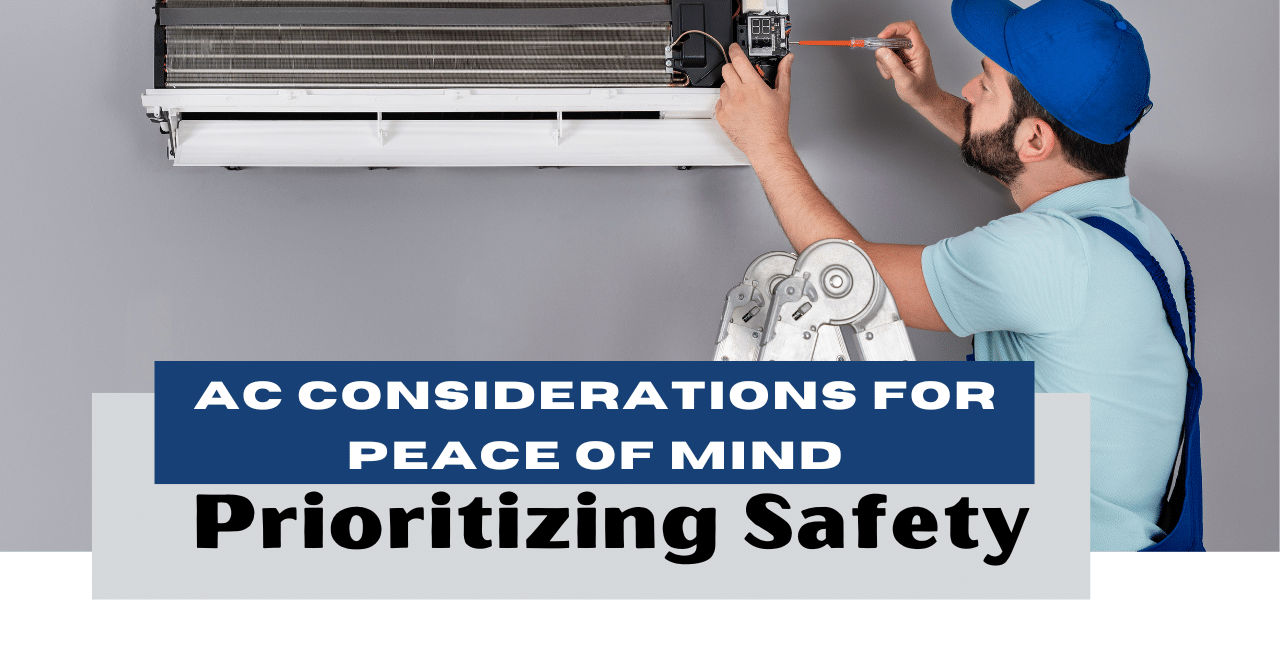Sleep Cool and Save: Should You Turn Off Your AC at Night?

The decision to turn off your AC at night involves weighing sleep quality against energy savings. Understanding how this choice impacts your comfort and finances is key. Factors like climate, insulation, and personal preferences play a role. Expert tips on optimizing your sleep environment while saving on energy costs can be invaluable. Experimenting with AC usage patterns and thermostat settings helps strike a balance. Ultimately, the goal is to enjoy restorative sleep without overspending on energy bills. With thoughtful consideration and practical adjustments, you can achieve a comfortable and cost-effective sleep environment.
4 Reasons to Consider Turning Off Your AC at Night

1. Managing High Electricity Bills
For many, the primary concern with running an air conditioner (AC) is the impact on their electricity bill. AC units are known to be significant consumers of electricity due to their size and power requirements. Even models with high energy efficiency ratings (like 5-star rated ones) can still consume a considerable amount of power, often surpassing the energy consumption of other cooling solutions like ceiling fans, particularly when run for extended periods.
To address this issue, one effective strategy is to turn off the AC at night, especially during seasons when the ambient temperature and humidity levels are relatively lower. Instead, you can use the AC during the hottest parts of the day or when the indoor temperature becomes uncomfortable. However, to ensure a comfortable sleeping environment, it's advisable to run the AC on a higher setting for a short period before bedtime to cool the room adequately. This pre-cooling can maintain a comfortable temperature throughout the night even after the AC is turned off.

Another approach is to leverage the features available in modern AC units, such as timers and night mode settings. These features enable you to schedule the operation of the AC, allowing it to maintain a comfortable temperature automatically while minimizing energy consumption during periods of lower demand, such as at night.
Investing in an inverter AC can also contribute to energy savings. Unlike conventional AC units that regulate temperature by turning the compressor on and off, inverter ACs utilize variable-speed compressors that adjust their cooling capacity based on the required load. This results in more efficient operation and reduced energy consumption, especially during partial load conditions.
Additionally, simple adjustments like raising the thermostat temperature and using fans to circulate air can complement the cooling effect of the AC, reducing its workload and subsequently lowering electricity consumption. By combining these strategies, you can effectively manage your AC usage to achieve optimal comfort while minimizing the impact on your electricity bill.
2. Optimizing AC Usage for Longevity: Minimizing Wear and Tear
Another compelling reason to consider turning off your AC at night, particularly when the weather is cool enough to provide natural comfort, is to reduce wear and tear on the unit. Like any mechanical appliance with moving parts, continuous operation accelerates the wear and tear process, shortening the lifespan of the AC unit. To extend its longevity, it's essential to use the AC judiciously, minimizing unnecessary running time.

Furthermore, regular maintenance is crucial to keep the AC operating efficiently. A poorly maintained AC not only wears down faster but also consumes more power, resulting in higher electricity bills. Moreover, neglected maintenance can lead to increased noise levels, causing disturbances during operation.
By adopting a proactive approach to AC maintenance and usage, you not only enhance its performance but also reduce energy consumption and associated costs. Prioritizing proper maintenance and limiting unnecessary usage will contribute to a quieter, more efficient, and longer-lasting AC unit, ensuring comfort and savings in the long run.
3. Prioritizing Safety: AC Considerations for Peace of Mind
Safety is paramount, particularly when dealing with older or poorly maintained AC units. With age and neglect, the risk of compressor failure increases, potentially leading to dangerous situations such as fires due to overheating and smoke emissions.
To mitigate these risks, it's essential to remain vigilant, especially when using older AC units. If there are signs of impending failure, such as unusual noises or odors, it's crucial to refrain from using the AC and seek professional assistance promptly.

Additionally, considering the context of your environment is important. Areas prone to frequent power fluctuations and brownouts pose additional risks to AC units. During periods of unstable power supply, it's advisable to exercise caution and refrain from running the AC at night, when supervision is limited. Investing in stabilizers or inverters can provide added protection against voltage fluctuations, safeguarding your AC from potential damage.
Ultimately, prioritizing safety measures, such as regular maintenance, attentive monitoring, and investing in appropriate equipment, ensures peace of mind and protects against potential hazards associated with AC operation.
4. Managing Low Humidity: Balancing AC Comfort and Health
While air conditioning effectively cools a room, it also reduces humidity levels, which can impact health, particularly for individuals prone to or experiencing respiratory issues like nosebleeds, dry eyes, or coughing.

Living or working in consistently air-conditioned spaces can exacerbate these problems. To address this, ensuring adequate humidity levels is essential. One solution is to turn off the AC at night and utilize a humidifier to maintain a comfortable environment while promoting respiratory health.
By striking a balance between AC usage and humidity levels, you can create a more comfortable and health-supportive indoor environment for you and your family.
Conclusion
In conclusion, the decision to turn off your AC at night is not a one-size-fits-all solution, but rather depends on various factors such as personal comfort preferences, health considerations, energy efficiency goals, and safety concerns.
While it's not mandatory to switch off your AC overnight, there are indeed compelling reasons to consider doing so. From reducing electricity bills and minimizing wear and tear on the unit to addressing safety risks and managing humidity levels, there are valid arguments for adopting a more judicious approach to AC usage.
As a general guideline, it's advisable to use the AC only when necessary and to monitor its condition regularly to ensure optimal performance and safety. By being mindful of your usage patterns and taking proactive measures to maintain your AC unit, you can strike a balance between comfort, cost-effectiveness, and peace of mind.
Ultimately, if your nights are comfortable and cool, and you're not overly concerned about electricity expenses, there may be little reason to worry about running your AC continuously. However, staying informed about the potential implications of prolonged AC usage and making informed decisions based on your individual circumstances can help you optimize your comfort and efficiency while minimizing any negative impacts on your health and budget.
Related Posts
7 Air Conditioner Maintenance Tips for Peak Efficiency
-
Posted by
Vardhman


One thought on “Sleep Cool and Save: Should You Turn Off Your AC at Night?”
Comments are closed.